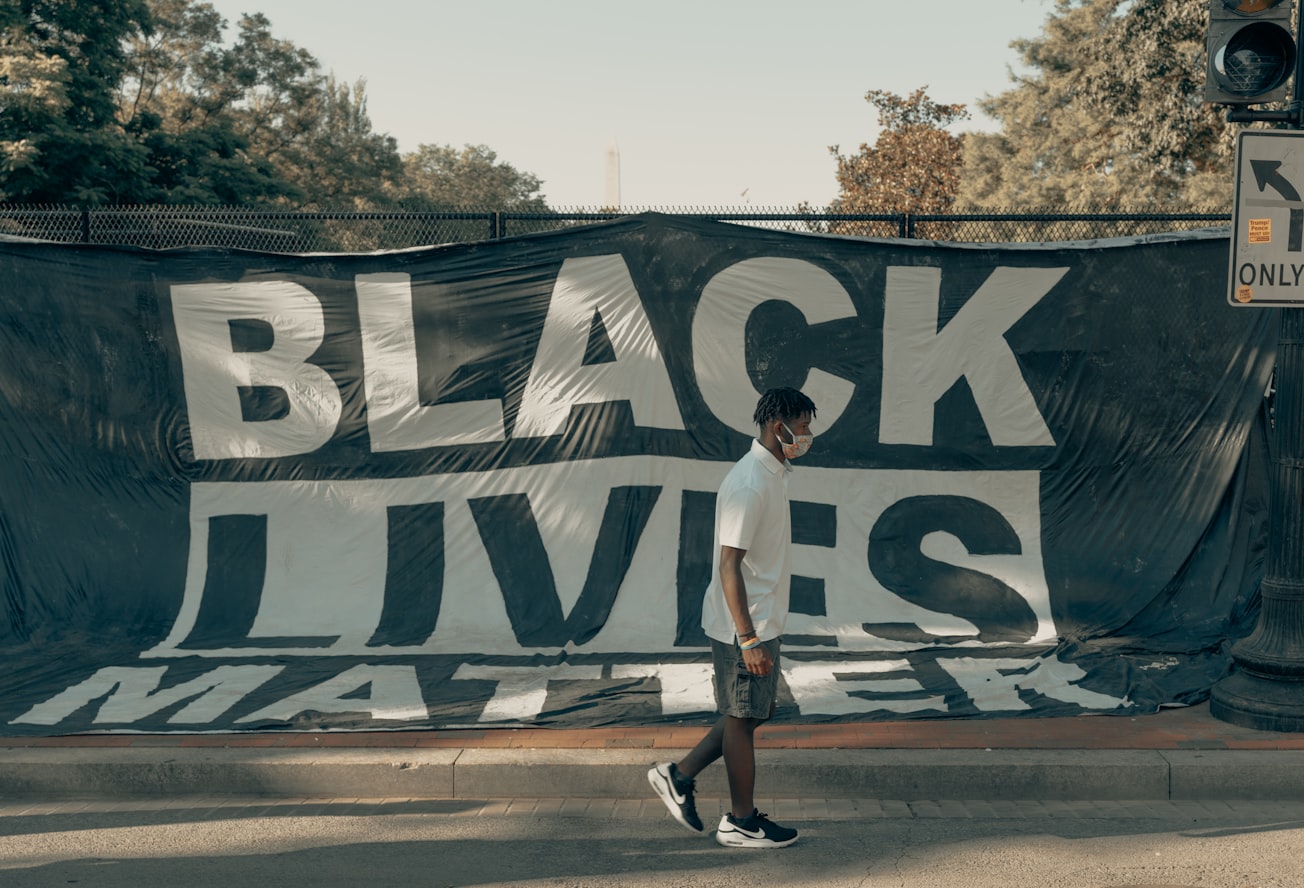What is it about?
This article uses an existential psychology framework to explore the Black Lives Movement. Drawing from materials from the individuals who started the movement, we clarify many misconceptions of Black Lives Matter. Additionally, we discussed differences between contemporary protest movements and previous ones, such as the Civil Rights Movement.
Featured Image

Photo by Clay Banks on Unsplash
Why is it important?
Clarifying common misperceptions of the Black Lives Matter movement is important given how frequently this movement is misrepresented in the media and by scholars. Utilizing the existential lens allowed for a deeper engagement with aspects of the Black Lives Matter movement, including the meaning that it can hold for individuals who are suffering from marginalization.
Perspectives
This article was a collaboration between four individuals from different cultural contexts. The dialogues between the co-authors allowed for greater depth of analysis to emerge. As this was one of the first papers on the Black Lives Movement, the movement has evolved some since this initial writing, as should be expected. However, the article remains relevant.
Dr. Louis Hoffman
Rocky Mountain Humanistic Counseling and Psychological Association
Read the Original
This page is a summary of: An Existential-Humanistic Perspective on Black Lives Matter and Contemporary Protest Movements, Journal of Humanistic Psychology, June 2016, SAGE Publications,
DOI: 10.1177/0022167816652273.
You can read the full text:
Contributors
The following have contributed to this page










